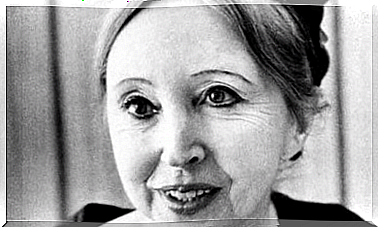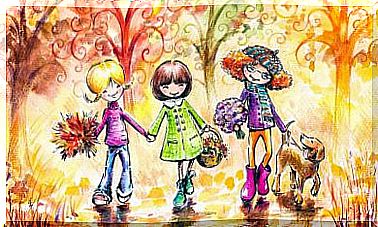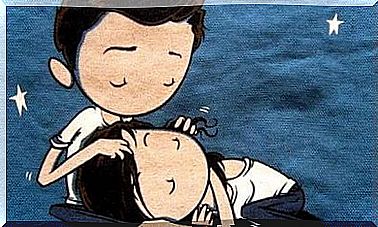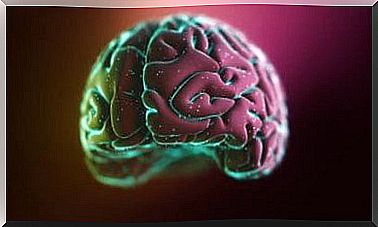Reading And Empathy: Great Readers Are More Empathetic
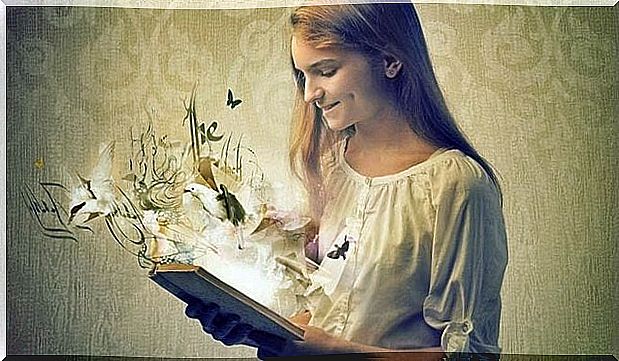
Reading and empathy are related. Let’s admit it, if good readers know something well, it is that few things are as intense as those connections we make with the characters in the books, suffering their tragedies, thrilling us with their achievements and feats. That ability, to empathize with these stories, is also a way to grow, to evolve in many ways.
Doris Lessing once said that nothing can stimulate our spiritual, social, and emotional development more than fiction books. The great writer and winner of the Nobel Prize in Literature could not have been more right with her words. In fact, in a study carried out by psychologists David Comer Kidd and Emmanuelle Castaño of the New School for Social Research in New York, the same intuitive conclusion is reached.
Fiction books, above all other genres, force us to immerse ourselves in a wealth of exceptional psychological nuances. The plot of the story, the paths of a narrative capable of awakening emotions, fears, doubts and passions, favors endless internal processes, introspective dialogues and dynamics that come to show us something that we undoubtedly already intuited: reading and empathy go from hand.
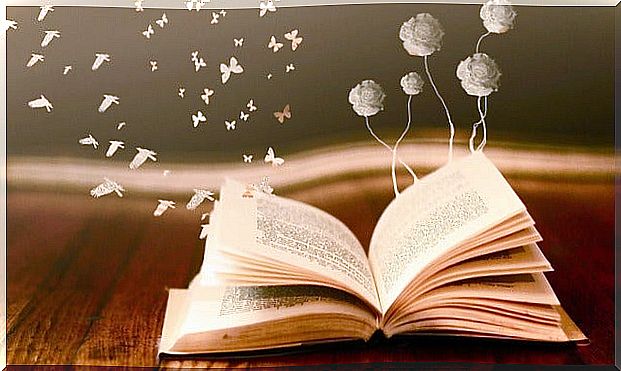
Literary fiction improves our social empathy
Possibly, no one had as much mastery in creating characters as Charles Dickens. In his extensive bibliography we find the most varied psychological archetypes, the most varied, dark, wonderful and perfidious personality profiles that we can find in any society. From his pen came about 989 characters and all of them served so that several generations of readers learned much more about the human character, enhancing their social empathy almost without realizing it.
This is what the psychologists Kidd and Castaño have been able to demonstrate. In their article published in the magazine Sciencie they point out that reading and empathy are intimately related because they help us to reflect on conventions, stereotypes and prejudices, to immerse ourselves much more in the intimate microuniverse of each character, understanding it, empathizing with it and sometimes identifying us with their thoughts, opinions and experiences.
Much of that psychological awareness, acquired in the pages of all those books that we “devour” on a regular basis, we transfer to the real world almost without realizing it. It is a baggage of wisdom acquired in fiction literature that also helps us deal with the complexities of our environment in many different ways.
So if there is one thing we all know, it is that people in real life are not as easy to understand as they are in books. In our day to day there is no external narrator or an omniscient voice that reveals to us what is in the depths of that companion that we like, that friend who fails us, that tyrant boss who asks us to reach certain goals, forgetting the conditions in which we work.
However, great readers have a special ability to know what is behind certain behaviors, they empathize much more, understand, discriminate, are alert and are more skilled at understanding the complexity of human psychology than those who, for For example, he rarely opens a book.
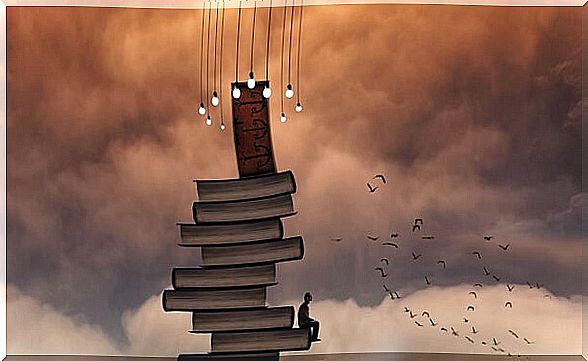
Reading and empathy, a very valuable socializing influence
Professionals who have been dedicated to psychotherapy for several decades tell us that people’s problems have changed over the last 30 years, just like the clothes we wear or the technology we have. We are increasingly affected by self-esteem issues and emotional conflicts that arise from an unpredictable, non-linear, and yet highly interconnected world. The feeling of loneliness, fallibility and uncertainty is robbing us of our internal balance.
A proposal that many psychologists usually make, when they work with their patients, is that they read. Beyond the therapy to follow, the person is usually recommended to increase their reading hours. The socializing influence of books helps us not only to reflect and understand this world, sometimes so out of tune, much more. It allows us to be calm, make better inferences, develop reflection and empathize with those who surround us and above all, with our own needs.
Reading and empathy are healing. Reading and empathy are liberating, they invite us to delve into the dilemmas of life, we learn to be more compassionate, to connect much more with people to understand them, to learn from them and allow us to grow, evolve spiritually as Doris Lessing said at the time. .
To conclude, let’s remember the healing power that books can have. Especially fiction books . Bringing them, for example, closer to the little ones from an early age will provide them with great psychological and emotional tools so that they also have a much more suitable, sensitive and enriching social conscience.
For our part, let us not forget how valuable the great classics can be for us. There are times when we need to reflect again on various questions about humanity, and for this, nothing better than revisiting Dostoevsky, Tolstoy, Dickens, Chekhov, Charlotte Bronte, Jane Austen, or Herman Melville …
